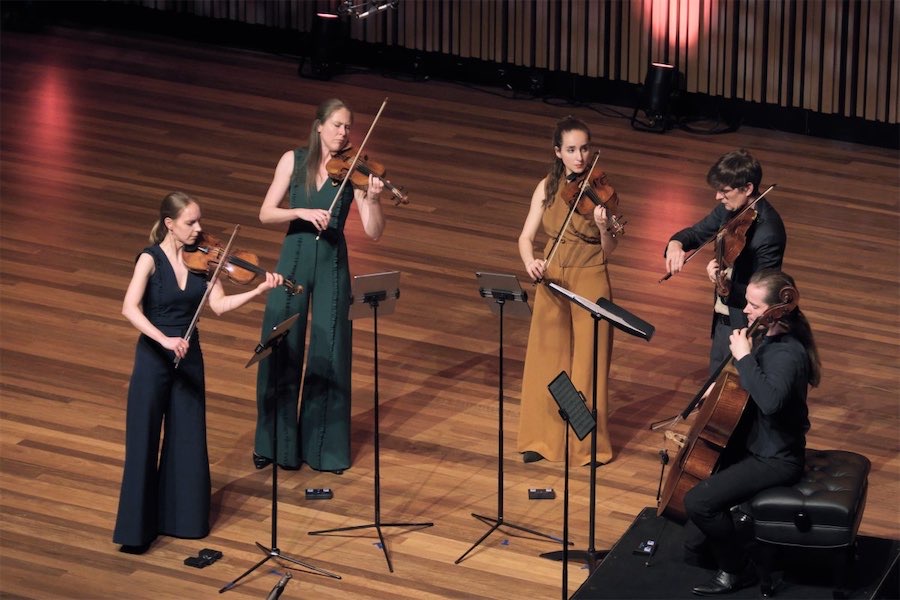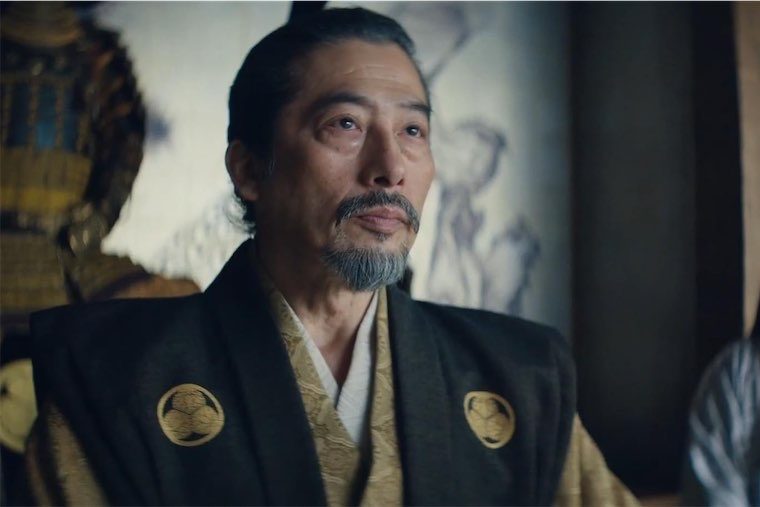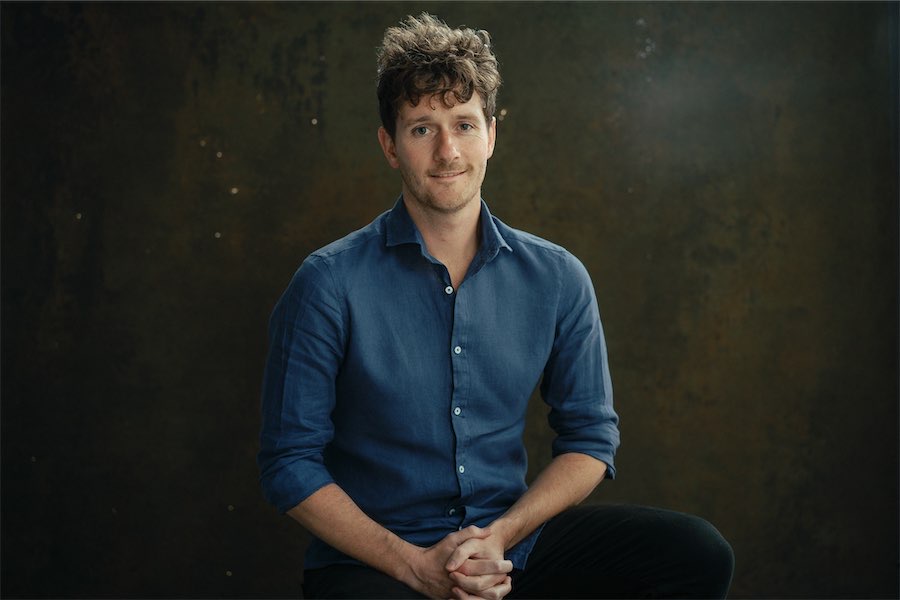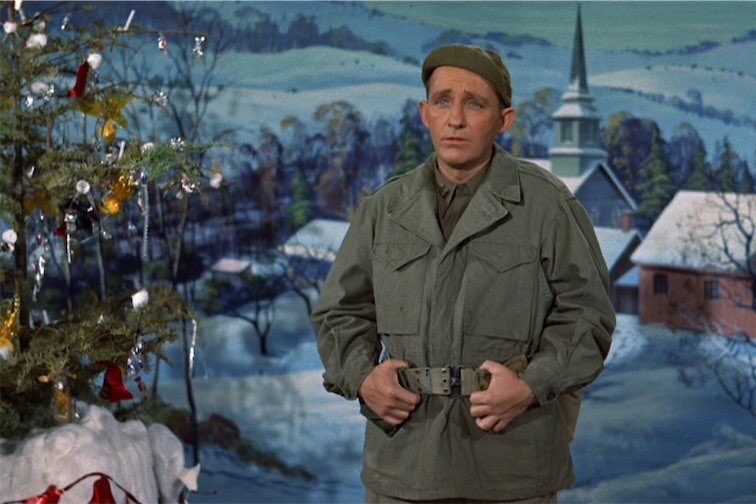
Canberra International Music Festival / Concert 9, Beethoven’s Legacy, Trio Karénine and the Dudok Quartet Amsterdam. At the Snow Concert Hall, May 3. Reviewed by SARAH BYRNE.
The program started with the visiting French Trio Karénine playing Beethoven’s last piano sonata, Piano Trio No. 7 in B-flat major, Op. 97 (the Archduke). It concluded with Dutch ensemble the Dudok Quartet Amsterdam, who were joined by Berlin-based Florian Peelman for the additional viola, performing Brahms String Quintet No. 2 in G major, Op. 111 (Prater).
Nearly 500 people turned out to enjoy this double-header at the Snow Concert Hall.
Though billed as “Beethoven’s Legacy”, the link between the pieces is not immediately clear, unless it is that the Archduke was Beethoven’s last work for piano, and that Brahms’ intended his quintet also to be his last work (it wasn’t, of course, but nearly).
The historical difference is stark, however – Beethoven’s hearing had deteriorated so greatly by this stage of his career that his performance on the piano was a trainwreck, and although people seemed to have treated him more kindly than Dudley Moore in his last performances, he never wrote for piano again.
Brahms, on the other hand, had basically decided that he could rest on his considerable laurels at this point, and retire in cheerful comfort.
An irony here is that while Beethoven was writing for a new type of keyed instrument that could hold its own against the cello and violin, he played so loudly that he drowned them out. I don’t know if this was on the mind of Karénine pianist Paloma Kouider, but I found her playing at times to be a little diffident, especially when contrasted with the vigour of Louis Rodde’s cello. With the occasional moments of atonality in the score this sometimes resulted in a slight blurry effect. Overall, however, the performance was lovely, and rapturously received.

Following a short interval, we were joined by the Dudok Quartet with Florian Peelman, bringing the average age in the auditorium down by several discernible percentage points.
This was a thoroughly enjoyable performance of a thoroughly enjoyable work. The opening movement, marked “con brio”, brought the brio in spades, with the musicians moving triumphantly from key signature to key signature, and even the turbulent D minor adagio resolves optimistically in D major. The performers all brought matched and positive energy and I particularly enjoyed the final, Vivace, movement, with its Hungarian influences (past and present – I swear I noticed some proto-Bartok in there).
Overall, this was a satisfying evening of landmark music played by first-rate musicians, and a tribute to the growing reputation and scale of the Canberra International Music Festival.
Who can be trusted?
In a world of spin and confusion, there’s never been a more important time to support independent journalism in Canberra.
If you trust our work online and want to enforce the power of independent voices, I invite you to make a small contribution.
Every dollar of support is invested back into our journalism to help keep citynews.com.au strong and free.
Thank you,
Ian Meikle, editor




Leave a Reply